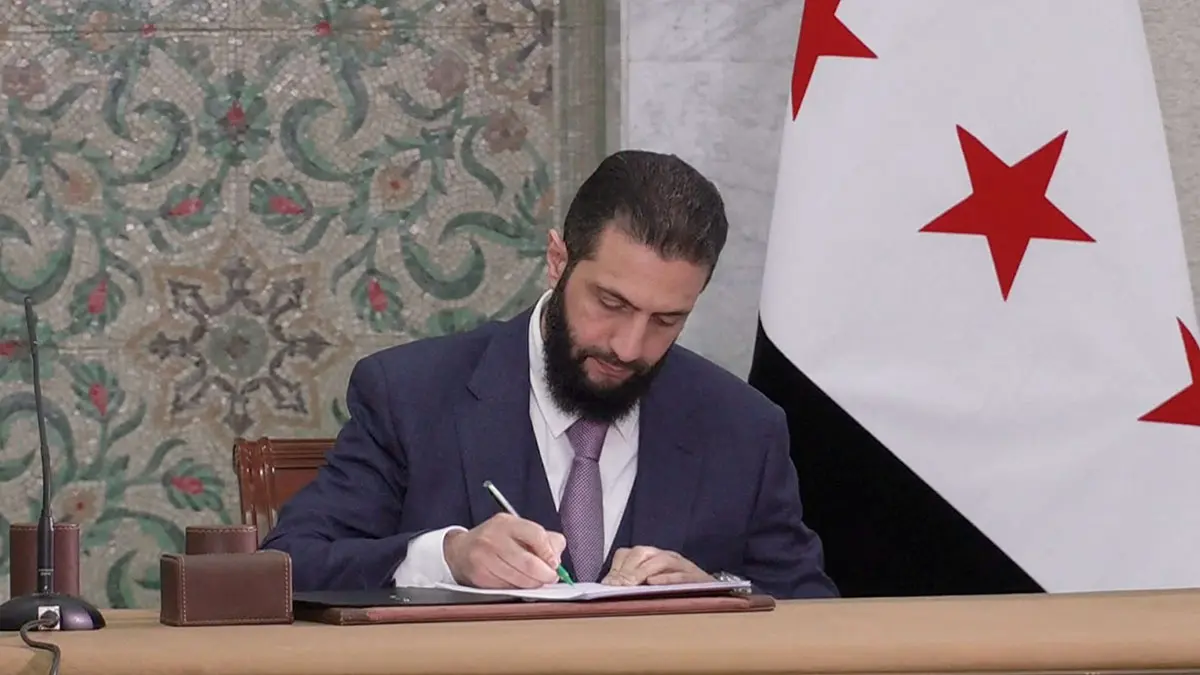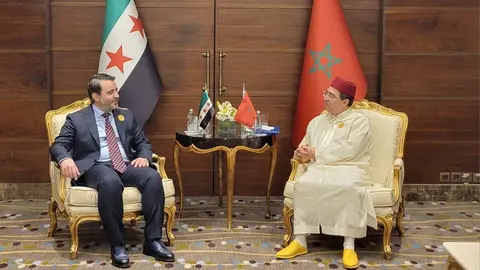The end of silence: Syria breaks with the Polisario Front and reconfigures its regional position

This step reflects a new orientation for Syria with regard to the regional conflict in the Moroccan Sahara, progressively distancing itself from the ideological legacy that linked it to the Algeria-Iran axis.
For years, Syria maintained a striking silence regarding the Polisario's covert activities on its territory, carried out under the supervision of Algerian officials. Intelligence reports confirmed that fighters from this group participated in different phases of the Syrian war in support of Bashar Al-Assad's regime forces. The decision to close its offices puts an end to this phase and opens a new phase of rapprochement between Damascus and Rabat, in a regional context that is beginning to leave behind old ideological divisions.
This change cannot be understood without considering Morocco's intensive diplomatic efforts in recent years to strengthen its influence in the Middle East. Rabat has taken advantage of Syria's return to the Arab League to promote a relationship based on common interests, far from the ideological tensions that have long marked Syria's position on the Sahara.
The closure of the Polisario headquarters at this precise moment represents a serious setback for Algeria, which for decades used Damascus as a platform to support its separatist bid. That strategy, based on aligning Syria with the rhetoric of ‘resistance’, is fading in the face of a changing diplomatic reality.
For the Polisario Front, this measure confirms its growing isolation on the international stage. Its image has been tarnished by repeated accusations of links to organised crime and terrorism networks in the Sahel and West Africa. Thus, its presence no longer represents only a diplomatic problem, but also a security threat.
The closure of its offices in Syria is not merely a political act; it is also a preventive security measure, with which Damascus seeks to protect its territory from elements linked to violence, crimes against humanity and extremism. At the same time, it sends a clear signal to regional and international actors about its commitment to stability and openness.
In short, Morocco has achieved a strategic advance in its struggle for recognition of its sovereignty over the Sahara, while Algeria suffers a new diplomatic setback with the loss of one of its last allies in the Middle East. This change strengthens Rabat's position and highlights Algiers' growing isolation in a regional and international environment that is beginning to understand that stability requires supporting Moroccan territorial integrity, rather than promoting separatist projects of dubious legitimacy and dangerous security implications.
Lahoucine Bekkar Sbaai, lawyer at the Bar Association of the Courts of Appeal of Agadir and Laayoune, researcher on migration and human rights, and expert on the Moroccan Sahara conflict.
Translation from Arabic by: Abdessamad Benyaich


